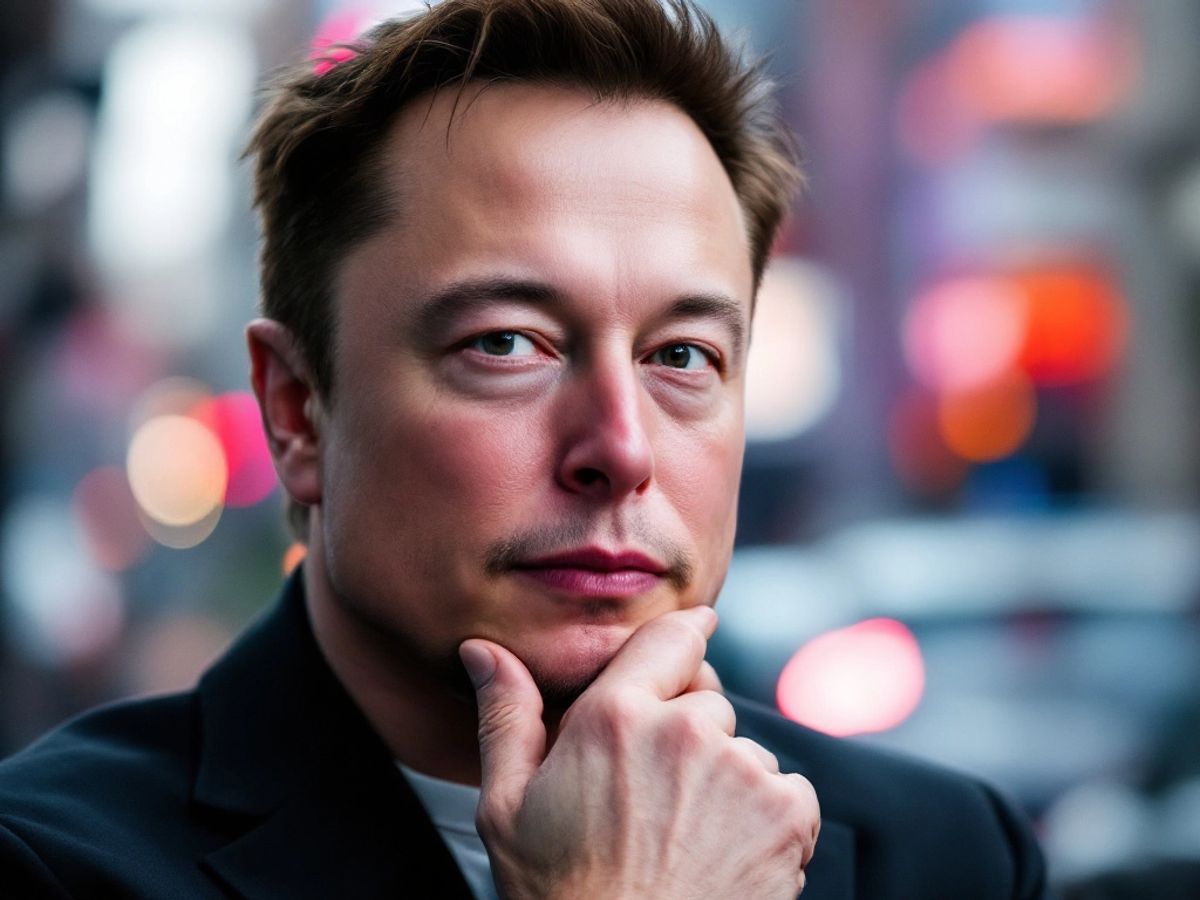Child Welfare
Elon Musk’s Controversial Immigration Past: From Illegal Immigrant to Open-Border Critic

Elon Musk, the billionaire entrepreneur known for his ventures like Tesla and SpaceX, has recently come under scrutiny for his past immigration status. Despite being a vocal critic of illegal immigration in the United States, Musk himself was an illegal immigrant when he started his first company, Zip2, in the 1990s.
Key Takeaways
- Elon Musk entered the US on a student visa but never enrolled in Stanford.
- He remained in the country illegally to launch his first company, Zip2.
- Musk’s brother, Kimbal, confirmed their illegal status during a 2013 interview.
- Despite his past, Musk is now a prominent critic of US immigration policies.
A Questionable Start
Elon Musk arrived in the United States in 1995 on a student visa to attend Stanford University. However, just two days into the semester, he decided not to attend and informed the university of his decision. This action left him without a legal basis to remain in the country, as he had not enrolled in any courses.
Instead of leaving, Musk chose to stay in the US illegally, which he later described as a "gray area" in his career. This decision allowed him to focus on launching Zip2, his first company, which would eventually be sold for $300 million in 1999.
The Irony of Criticism
Today, Musk is one of the most prominent critics of illegal immigration in the US. He has publicly condemned the Biden Administration for its handling of the immigration crisis, particularly the influx of migrants at the US-Mexico border. His criticism has intensified as he has become a significant donor to Republican candidates, including former President Donald Trump, ahead of the 2024 elections.
Musk’s stance on immigration has raised eyebrows, especially given his own history. While he advocates for stricter immigration policies, he has largely kept his past as an illegal immigrant under wraps.
A Family Admission
In a 2013 interview, Musk’s brother, Kimbal, revealed that both brothers were aware of their illegal status while building Zip2. They even faced challenges such as sleeping in their office and showering at a local YMCA. Kimbal confirmed that investors were aware of their immigration situation when they began funding the company.
Legal Implications
According to immigration experts, foreign students are not permitted to drop out of school and start businesses while maintaining their visa status. Former Justice Department Immigration Litigator Leon Fresco noted that engaging in revenue-generating activities without proper authorization can lead to serious legal consequences.
Musk’s early days in the US were fraught with uncertainty. In a 2005 email, he admitted to a colleague that he had no legal right to stay in the country and was primarily focused on launching a business rather than completing his degree.
The Path to Legal Status
Eventually, Musk and his brother sought legal advice and applied for work authorizations, which they received in 1997. This allowed them to continue their entrepreneurial journey without the looming threat of deportation.
Despite his success and wealth, Musk’s immigration history remains a complex and often overlooked aspect of his narrative. As he continues to shape public discourse on immigration, the contrast between his past and present raises important questions about the nature of success and the policies that govern it.
Musk’s story serves as a reminder that the path to success can be fraught with challenges, and the rules governing immigration can be both strict and flexible, depending on one’s circumstances.
Sources
-

 Home and Garden6 days ago
Home and Garden6 days agoTransform Your Space: A Guide to Minimalist House Interior Design in 2025
-

 Home & Family6 days ago
Home & Family6 days ago10 Essential Cleaning Hacks for Bathroom Surfaces You Need to Try
-

 Health & Fitness6 days ago
Health & Fitness6 days agoDiscovering the Best Multivitamin for Women Over 40: Essential Nutrients for Optimal Health
-

 Automotive5 days ago
Automotive5 days agoUnlocking Performance: Why the HP Spectre x360 is the Ultimate 2-in-1 Laptop for 2025
-

 Health & Fitness6 days ago
Health & Fitness6 days agoDiscover the Best Multivitamin for Women Over 40: A Comprehensive Guide to Optimal Health
-

 Crime6 days ago
Crime6 days agoExploring the Most Anticipated New True Crime Documentaries of 2025
-

 Business6 days ago
Business6 days agoMaximize Your Earnings with American Express High Yield Savings Accounts in 2025
-

 Gadgets & Electronics5 days ago
Gadgets & Electronics5 days agoTop 5 Unlocked Android Phones Under $100 for Budget Shoppers in 2025


















